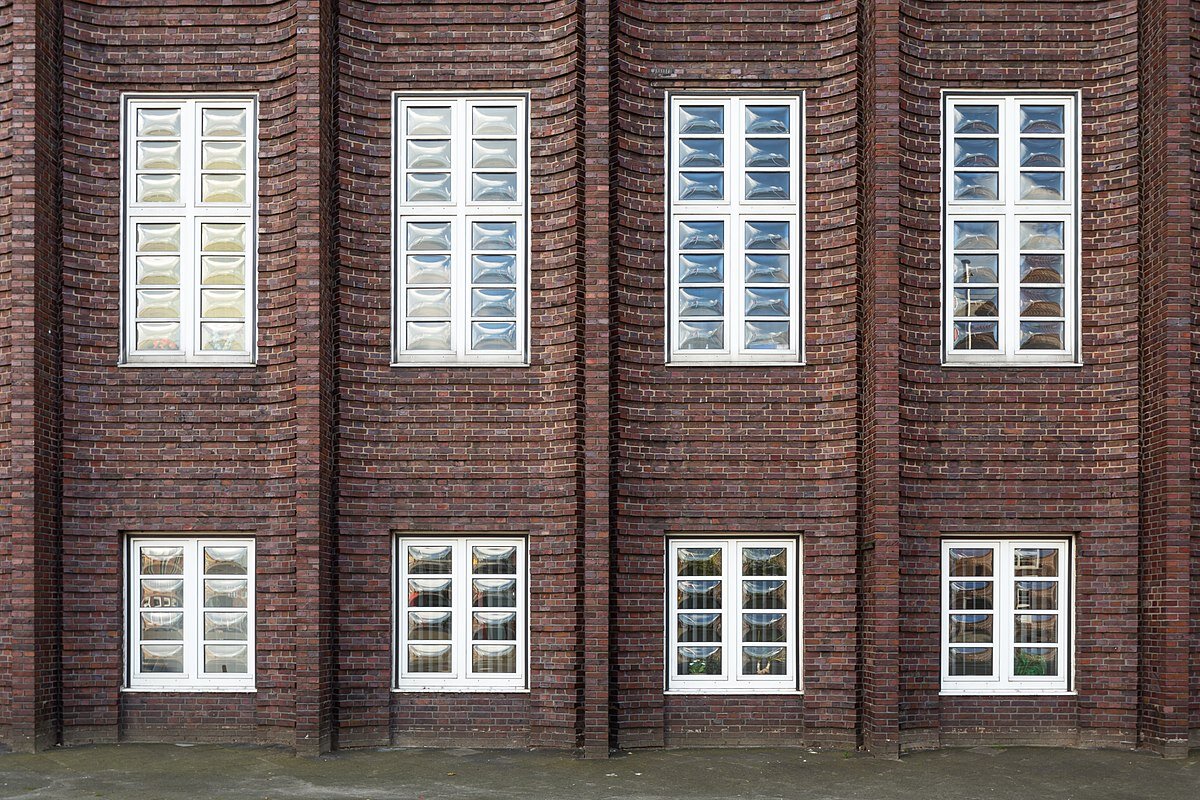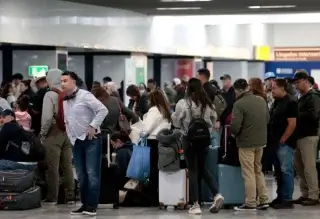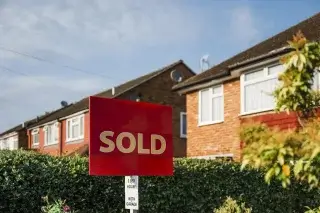read also
Germany May Abolish Rent Control Measures

By the end of 2024, rental prices in Germany increased by 4.7% compared to the same period in 2023, according to I am Expat, citing data from the German Economic Institute (IW) in Cologne. This trend is expected to continue into 2025, yet lawmakers have failed to reach an agreement on extending rent cap regulations.
The largest rent increases were recorded in:
- Berlin (+8.5%)
- Essen (+8.2%)
- Frankfurt (+8%)
- Leipzig (+7.3%)
- Düsseldorf (+7.2%)
Experts note that rental prices in Germany have been steadily rising, especially since the COVID-19 pandemic.
Rental Costs Becoming a Heavy Burden
A recent study by IW showed that in 1991, only 5% of German households spent 40% or more of their income on rent. Today, this figure has risen to 14%.
Tenants spending more than 30% of their income on rent—a recognized benchmark for affordable housing in Europe—are considered "overburdened."
Mietpreisbremse and Its Uncertain Future
In 2015, the CDU-SPD coalition introduced the nationwide rent control law Mietpreisbremse. The "traffic light coalition" under Olaf Scholz extended its validity until 2029.
However, critics argue that the law is too weak and fails to protect:
- Tenants in newly built or modernized properties
- Short-term renters with leases under one year
- Those who previously signed rental agreements at higher rates
Germany Faces Its Worst Housing Shortage in 20 Years
Germany is falling short of its housing construction targets.
- 400,000 new homes per year are needed to meet demand
- Only 260,000 homes were built in 2024
- In 2025, the projection is 150,000–200,000 new homes
Even if targets were met, the current rental cap law (Mietpreisbremse) focuses on protecting long-term tenants, meaning increasing supply alone may not reduce rental costs.
Rent Control at Risk
Aussiedlerbote reports that rent control in Germany is under threat amid persistent shortages of affordable housing.
- ImmoScout24 data shows that asking rents in major German cities have increased by 30% over the past two years, disproportionately affecting new tenants.
- Situation is more stable for households with older rental agreements, which generally include lower rates.
What Happens If Mietpreisbremse Is Not Extended?
The situation may worsen across all rental market segments.
Why?
The fall of the coalition government prevented Bundestag approval for the rent cap extension.
The next federal elections are scheduled for February 23, 2025.
Until then, Mietpreisbremse remains in place:
- Asking rents cannot exceed the average rate for comparable apartments in the same area by more than 10%.
- Exceptions exist for new buildings and furnished apartments.
If rent caps are removed, landlords and real estate firms will gain more freedom in setting prices, leaving tenants with no legal recourse to challenge increases.
Landlords Prepare for Price Hikes
Lars von Lackum, CEO of LEG Immobilien, stated that if rent caps are lifted, rents will rise.
- Current regulations allow for a 4% increase
- Without restrictions, rent hikes could reach 5% or more
LEG Immobilien owns 166,000 apartments, mainly in North Rhine-Westphalia, making it one of Germany’s largest landlords.
Vonovia, the country’s largest landlord, also plans to raise rents by approximately 4%.
Impact on tenants:
✔ Rental increases will depend on contract terms
✔ Millions of tenants renting from large property companies will likely face higher housing costs
Why Are Rents Rising?
- Inflation
- Rising labor costs
- Market pressure due to housing shortages
Despite frequent rent increases, LEG Immobilien reported lower profits in the first three quarters of 2024 compared to the same period in 2023.
The company maintains an average rent of less than €7 per sqm, aiming to keep pricing at a reasonable level.
Munich Remains Germany’s Most Expensive Rental Market
ImmoScout’s research shows:
- Munich – new-build apartments now cost €25.08 per sqm
- An 80 sqm apartment costs €2,006 per month (excluding utilities and maintenance fees)
Mietpreisbremse: Loopholes and Weaknesses
- Mietpreisbremse does not automatically prevent excessive rents.
- Tenants must research price levels and file challenges themselves.
- Legal disputes are costly and time-consuming.
Consequences for landlords who violate the law are minimal:
✔ They may need to reduce rent to comply with legal limits.
✔ They must refund overpaid amounts to tenants.
✔ No additional financial penalties exist.
Solution? More Housing Development
- Real estate firms argue that the best way to control rents is by increasing supply.
- The German Tenants’ Association (DMB) criticizes policymakers for failing to deliver on promises, including the 400,000 new homes per year target.
- DMB head Lukas Siebenkotten warns that Germany’s affordable housing stock is at a historic low (only 1 million homes).
- Building permits have fallen to record lows.
Siebenkotten urges policymakers to take action, including an urgent extension of rent control policies.
"Rent caps are the only effective tool for limiting contract costs," he stated.
Real Estate Market Faces Uncertainty
Michael Baumann, Head of Capital Markets at Colliers Germany, warns that geopolitical instability, upcoming federal elections, and economic conditions "could slow the gradual recovery of investment markets."
IW experts acknowledge the critical mix of economic downturn and structural challenges, but anticipate gradual recovery and growth in 2025.
Colliers and JLL forecasts:
✔ Moderate growth in real estate sales in 2025
✔ Total transaction volumes will remain significantly below long-term averages
European Commission outlook:
✔ Inflation is expected to decrease in 2025
✔ Real household incomes will recover
✔ Private consumption will rise, albeit slowly
✔ Easing monetary policies should support investment recovery
✔ Housing and infrastructure demand may fuel renewed construction growth
However, much will depend on the new government’s policies—especially in Germany’s real estate market.








